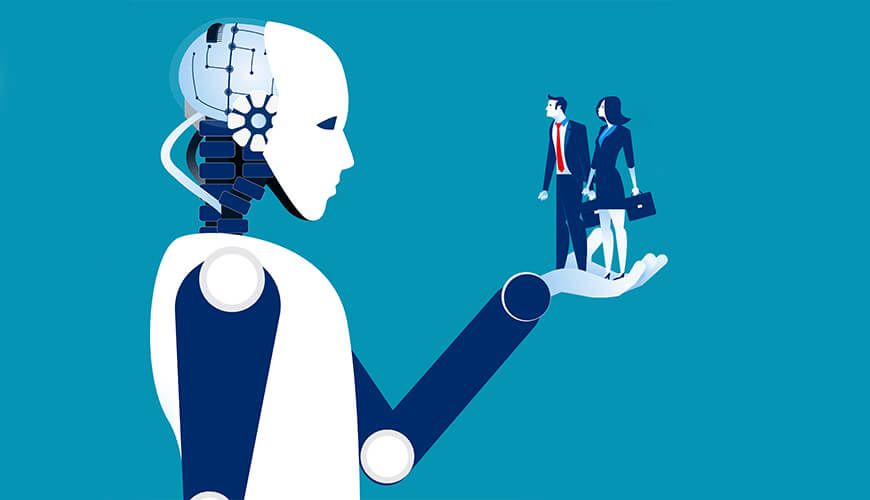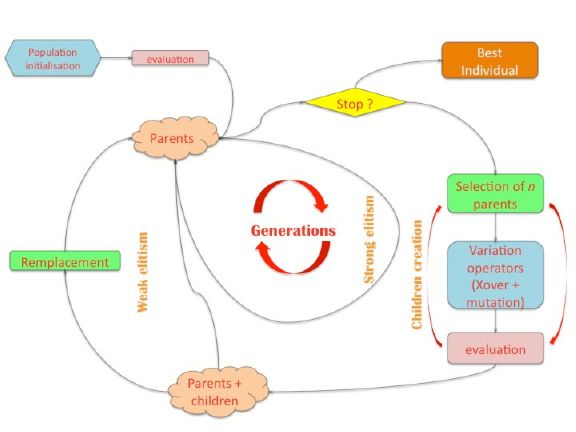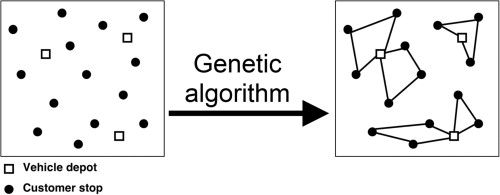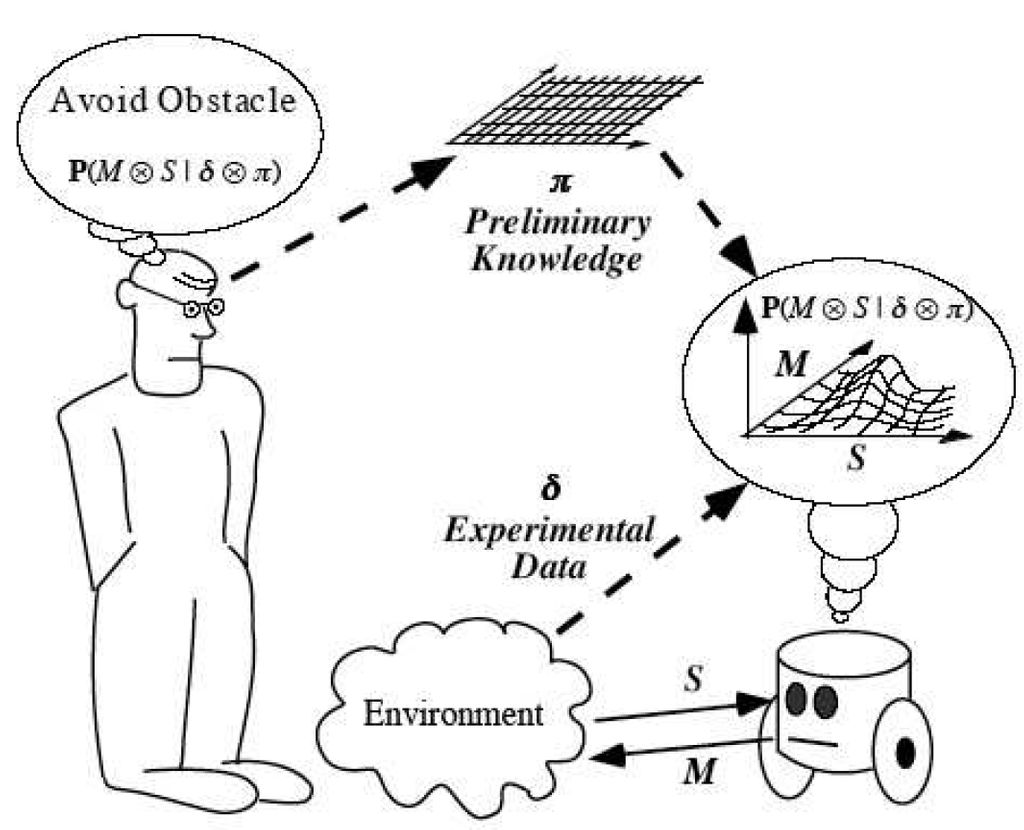Soft Computing – Robots Will Think….
Mar 26, 2019 • 44 views
Can you imagine world of complex calculation without computer or software. It is very difficult to imagine such things because calculation are not completed without computers and creative algorithms. Soft computing is the branch which makes complex calculation of the biology, chemistry, medicine, humanities, management sciences, and similar fields. Soft computing is kind of Human Mind.
Machine Learning (ML), Evolutionary Computation (EC), Fuzzy Logic, Probabilistic Reasoning (PR) are main 4 branches soft computation (SC).
1. Machine Learning techniques:-
Machine Learning are the techniques in which the computer program is trained to be learned and executes according to human activity. If we provide it letters with wrongly written then machine learning is able to correct it in accurate format known as character recognition. Same in the case of choosing the superior solution Machine is programmed with superior programs so that it is able to choose the correct solution according to the problem.

2. Evolutionary Computation (EC):-
Evolutionary Computation involves the sorting the solution according to the best evolution solution. Consider we want bank with maximum returns then evolutionary computation uses genetic algorithm to find the bank which gives maximum returns. Here the concept of Evolutionary Computation is used.

3. Fuzzy Logic:-
Think about the movement of robots. There is random movement of the robot which is based on probability it involves so the problem is solved with Fuzzy Logic. It is mainly used when we have to find the solution with maximum uncertainties. It is main component soft computing.

4. Probabilistic Reasoning (PR):-
It is combination of the probability theory and uncertainty. The result is a richer and more expressive formalism with a broad range of possible application areas. Probabilistic logics attempt to find a natural extension of traditional logic truth tables. The results they define are derived through probabilistic expressions. A difficulty with probabilistic logics is that they tend to multiply the computational complexities of their probabilistic and logical components.

Features of Soft Computing:-
a. It deals with ambiguous data.
b. It allows parallel computation.
c. It provides approximate solution.
Difference between Hard and soft Computing?
Hard computing usually is followed strictly sequential methods. However, the soft computing can be carried out using parallel computation. Hard computing produces precise answers whereas, soft computing can yields approximate answers. The Concepts of fuzzy algebra and problem solving using fuzzy logic is only possible with soft computing. The framework of genetic algorithm and solving varieties of optimization problems and building of the artificial neural network is only possible with soft computing. So, these are the differences between hard computing and soft computing.
